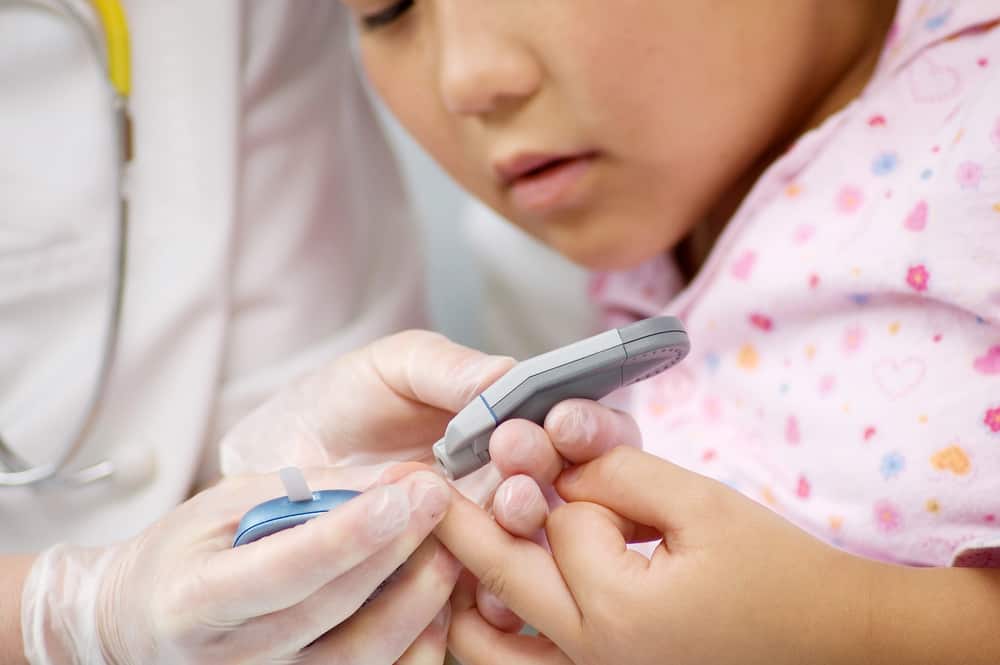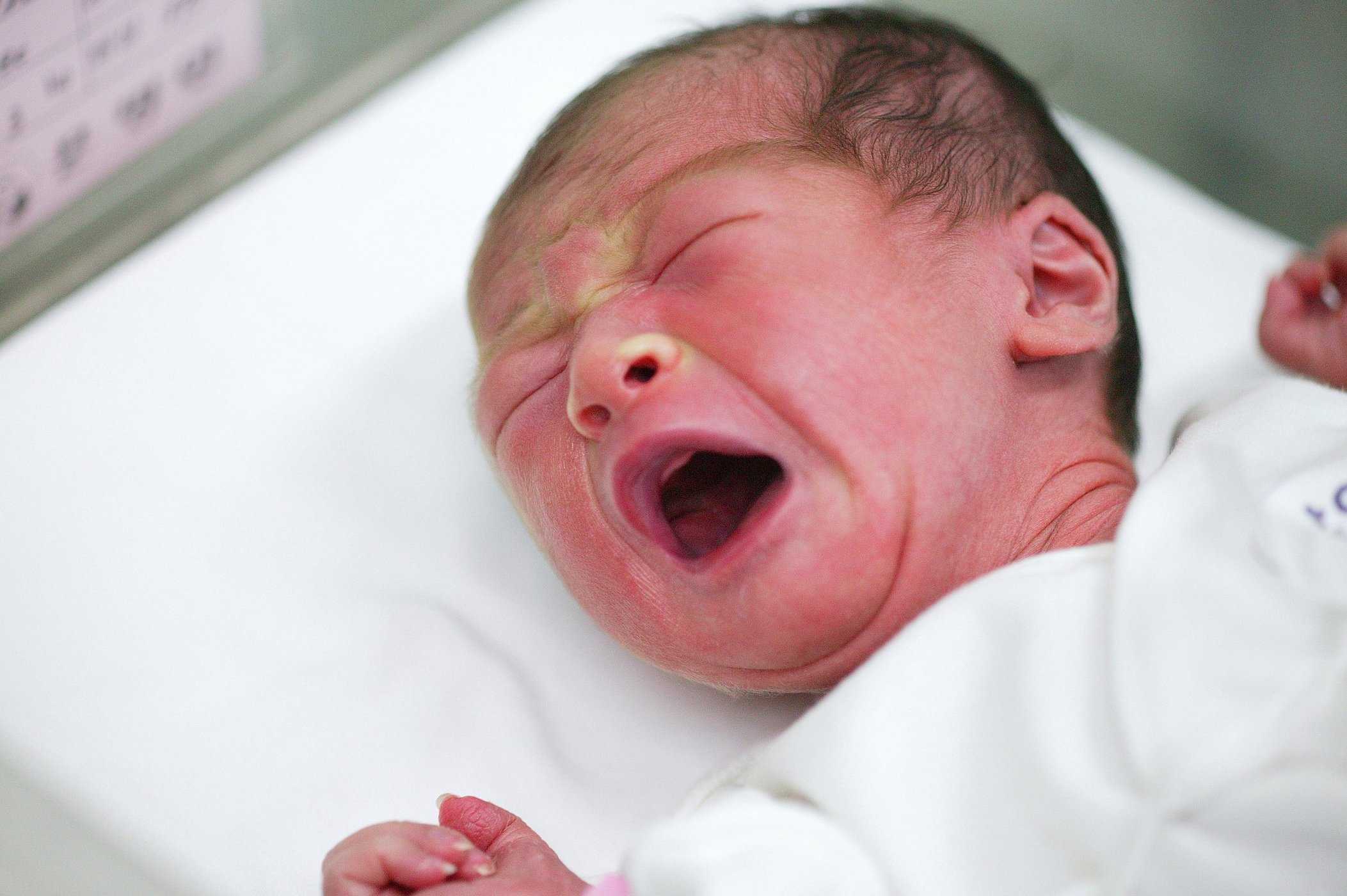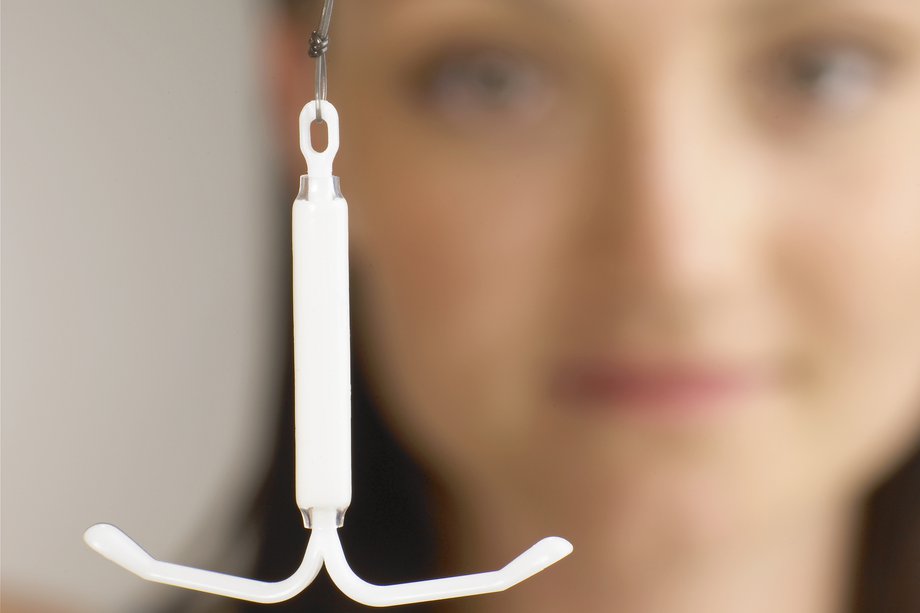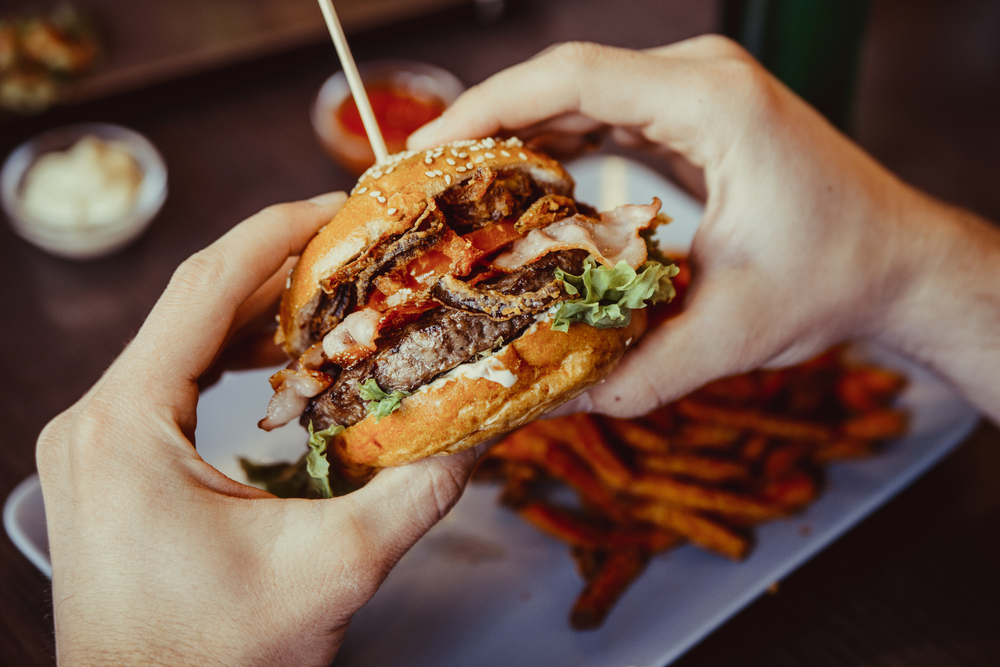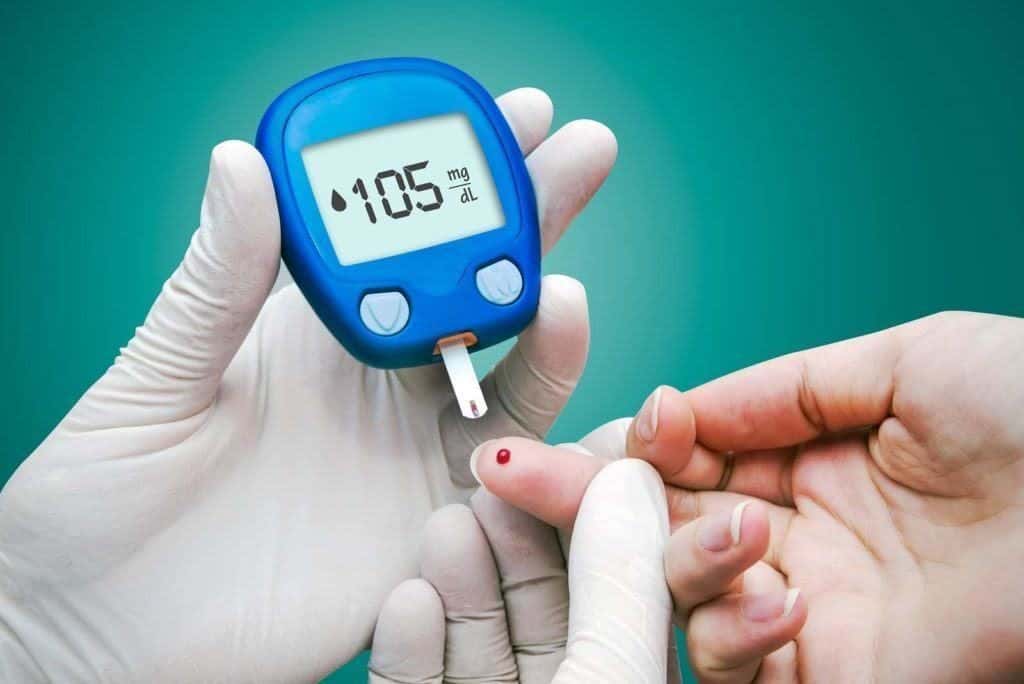Contents:
- Medical Video: Treating Low Blood Sugar | Hypoglycemia | Nucleus Health
- Honeymoon period, normal blood sugar conditions in type 1 diabetics
- Is there a honeymoon period in type two diabetics?
- Manage diabetes during the "honeymoon"
- Can honey on diabetes be extended?
Medical Video: Treating Low Blood Sugar | Hypoglycemia | Nucleus Health
Type 1 diabetes, also known as juvenile diabetes, is diabetes that attacks children. In this condition, children usually do not have normal blood sugar levels due to cell damage to the pancreas. Unlike type two diabetes caused by an unhealthy lifestyle, type 1 diabetes is caused by autoimmune diseases.
"One diabetes is generally not genetic, but rather autoimmune. Usually it is preceded by a viral infection, then our antibodies actually damage the beta cells in the pancreas that produce insulin, so it's almost gone or even gone, "said Prof. DR. Dr. Ketut Suastika, chairman of PB Perkeni who was met at the signing of the MOU Cities Changing Diabetes in DKI Jakarta City Hall.
Still according to Dr. Ketut Suastika, type 1 diabetics usually begin to be identified when they are five years old, some even from birth. That is why diabetes is also known as childhood diabetes.
Because it is an autoimmune disease that causes damage to insulin-producing beta cells, it makes type 1 diabetics do not have insulin in their bodies. In people with type two diabetes, blood sugar may be controlled only by regulating diet and exercise regularly. However, type 1 diabetics can only control blood sugar levels depending entirely on insulin injection.
When you get a diagnosis of type 1 diabetes, your child may experience a phase in which blood sugar is normal or near normal so that only a small amount of insulin is needed. It could be that your child does not need insulin injection. You might ask, has my child recovered? Does normal blood sugar in children with type 1 diabetes mean a cure? Unfortunately, diabetes cannot be cured. This disease can only be controlled.
There is one phase in the condition of type 1 diabetes where the child has normal blood sugar. However, that does not indicate the complete cure of type 1 diabetes that your child is experiencing. In this period, it is very possible that your child does not even need insulin injection to control his blood sugar. This phase is called the "honeymoon" phase.
Honeymoon period, normal blood sugar conditions in type 1 diabetics
The honeymoon period occurs in people with type 1 diabetes just when it is newly diagnosed and the use of new insulin injections is done. During this time, type 1 diabetics have normal blood sugar levels like people who are healthy without diabetes. However, do not be careless and because they feel diabetes has been cured.
This honeymoon period does not occur in everyone who has type 1 diabetes. In some people this does not appear. When experiencing a honeymoon period, it does not mean that your child's diabetes is fully cured. Because as the name suggests, this phase is only temporary.
When a person diagnosed with type 1 diabetes experiences a honeymoon, they have normal blood sugar levels. This is caused by the still functioning of the pancreas in producing insulin. Damage caused by autoimmune diseases may not completely damage beta cells in the pancreas, so it can still produce insulin which is useful for glucose metabolism.
Someone who is in the honeymoon phase can reduce the amount of artificial insulin injection he needs or even stop altogether because of normal blood sugar levels. However, they will need it again when this period ends, because basically this period is not a sign that you or your child is free or cured of diabetes.
Generally, the honeymoon period in people with diabetes usually varies. This can take place in just a matter of weeks, but some are monthly or even several years. Mostly, the honeymoon period occurs in the first three months after the diagnosis.
The honeymoon period ends when the beta cells in the pancreas are no longer able to produce insulin and become "dead" completely. The honeymoon period only occurs once and when this period ends, people with type 1 diabetes will depend on fully artificial insulin.
Is there a honeymoon period in type two diabetics?
Although both are diabetic, the honeymoon phase is not experienced by type two diabetics. This is reasonable considering the main causes are very different. When someone visits a doctor and is declared to have type two diabetes, the doctor may provide various treatments and plans for eating and exercise. This will cause an improvement in glucose levels in the blood so that diabetics have normal blood sugar levels.
Normally the blood sugar levels that you have indicate that the treatment and physical exercise you are working on are working well in controlling blood sugar levels. This is not the same as the honeymoon period that occurs in type 1 diabetics. If someone with type two diabetes stops their healthy lifestyle, their blood sugar levels will rise again.
Manage diabetes during the "honeymoon"
It is very important to consult your pediatrician regarding the right dose of insulin during this honeymoon period. People with type 1 diabetes have a lifelong dependence on insulin. For this reason, even if your child is on a honeymoon, don't stop using insulin. Keep giving injectable insulin even if your blood sugar levels are normal during this honeymoon period.
At this time, you may have normal blood sugar levels even if you don't use insulin. Here are the normal ranges of blood sugar levels, namely:
- Fasting blood sugar: 70 -130 mg / dl
- After eating: less than 180 mg / dl
- Approaching sleep: 90 - 150 mg / dl
Preferably, keep checking your child's blood sugar levels regularly even if you have normal blood sugar. Usually, as time goes on, blood sugar levels will increase if your child does not inject insulin because they feel within safe limits. This can be a sign that your child is in the end of the honeymoon.
Consult with your doctor about the dose of insulin that your child is using. Your child may need to adjust insulin dosages during the honeymoon period. Too much insulin can cause your child to experience hypoglycemia, while too little makes your child potentially diabetic ketoacidosis. Follow the doctor's instructions regarding the use of insulin.
Can honey on diabetes be extended?
Some doctors may try to extend the person's honeymoon for as long as possible. Regular injections of insulin can be one of the factors that extend the honeymoon period, as well as a healthy diet program.
Another way you can do it, if you don't use insulin, is to go on a gluten-free diet. As reported by the HealthLine page, Danish researchers conducted a case study on children with type 1 diabetes who did not have celiac disease. Five weeks after being diagnosed and undergoing insulin injections, the child enters a period of honeymoon and no longer needs insulin because it has normal blood sugar numbers. After that, the child then goes on a gluten free diet. This condition can last for 20 months after the child is diagnosed and he does not use insulin injection.
Consumption of vitamin D and supplements containing omega-three fatty acids can also extend the honeymoon period and maintain normal sugar levels. Research shows that consuming vitamin D and these supplements can delay the development of type 1 diabetes.

